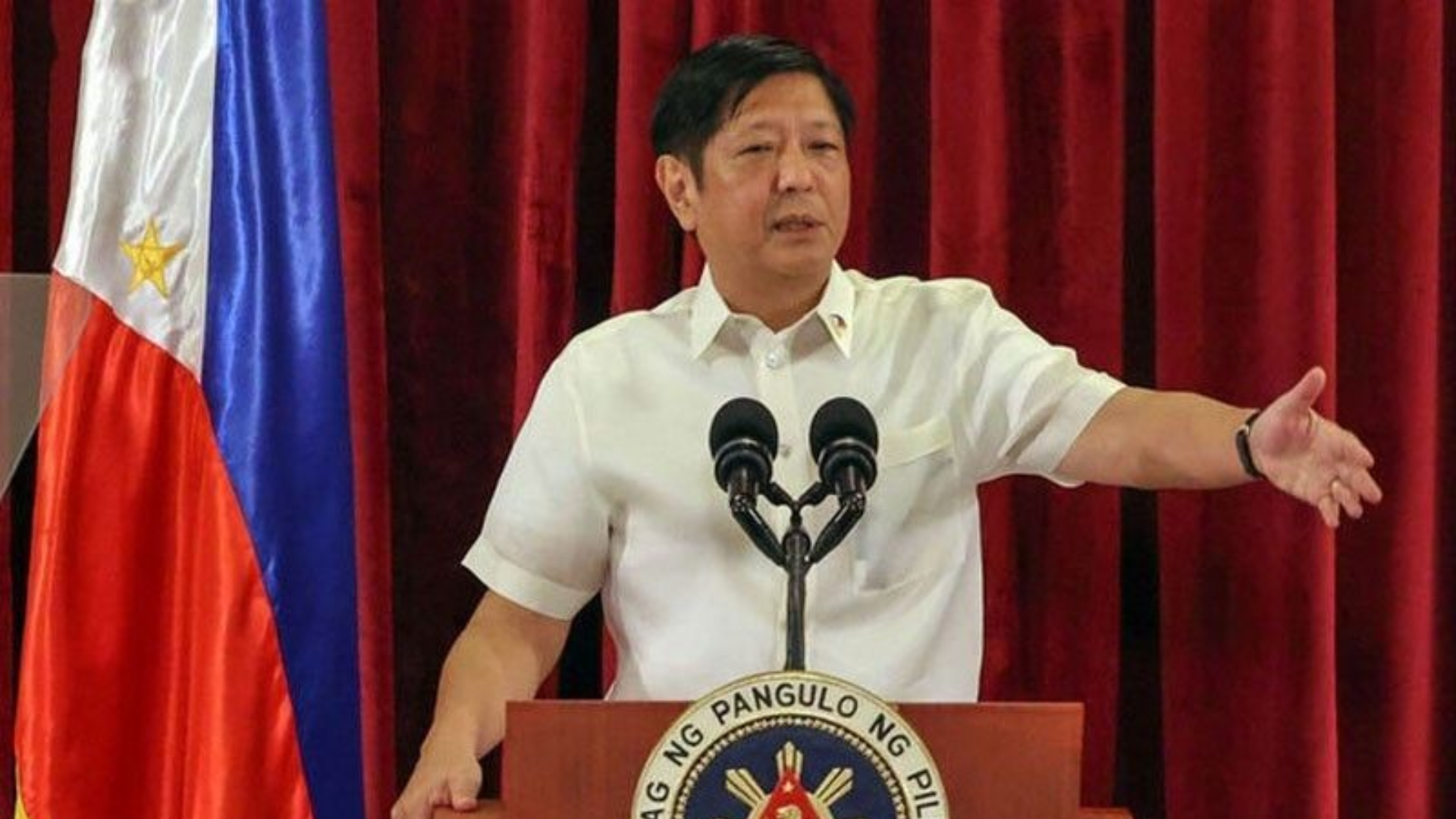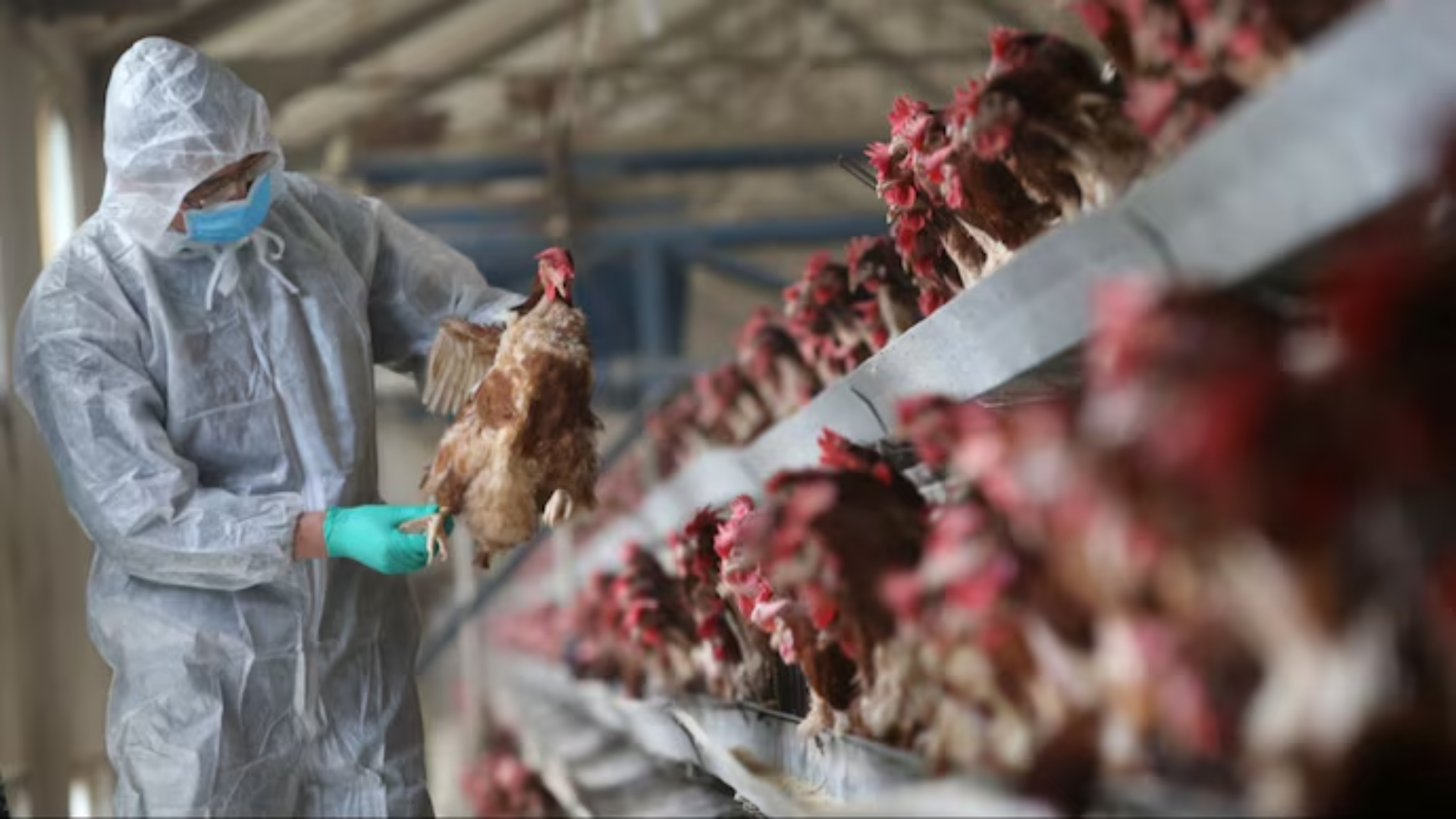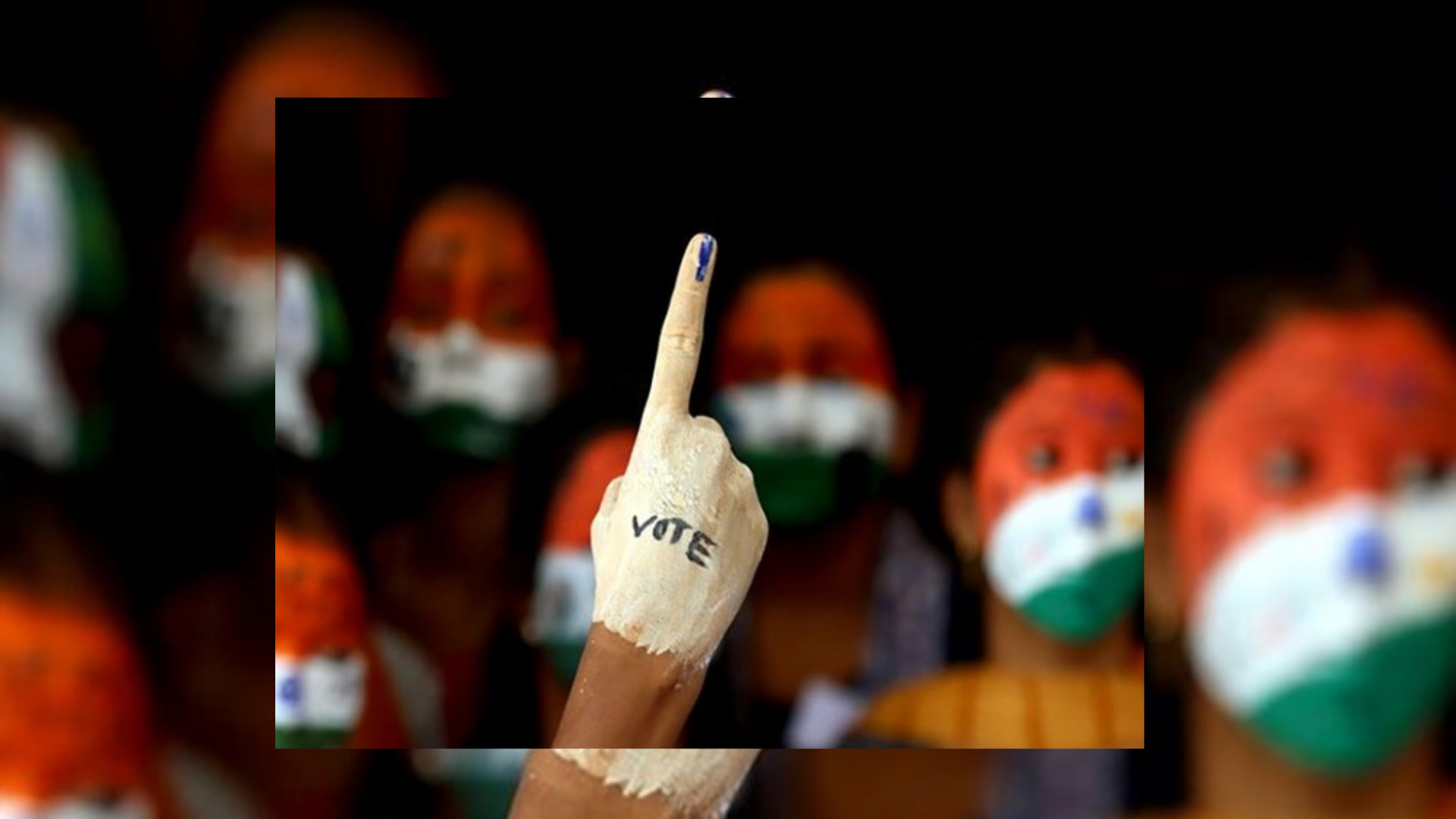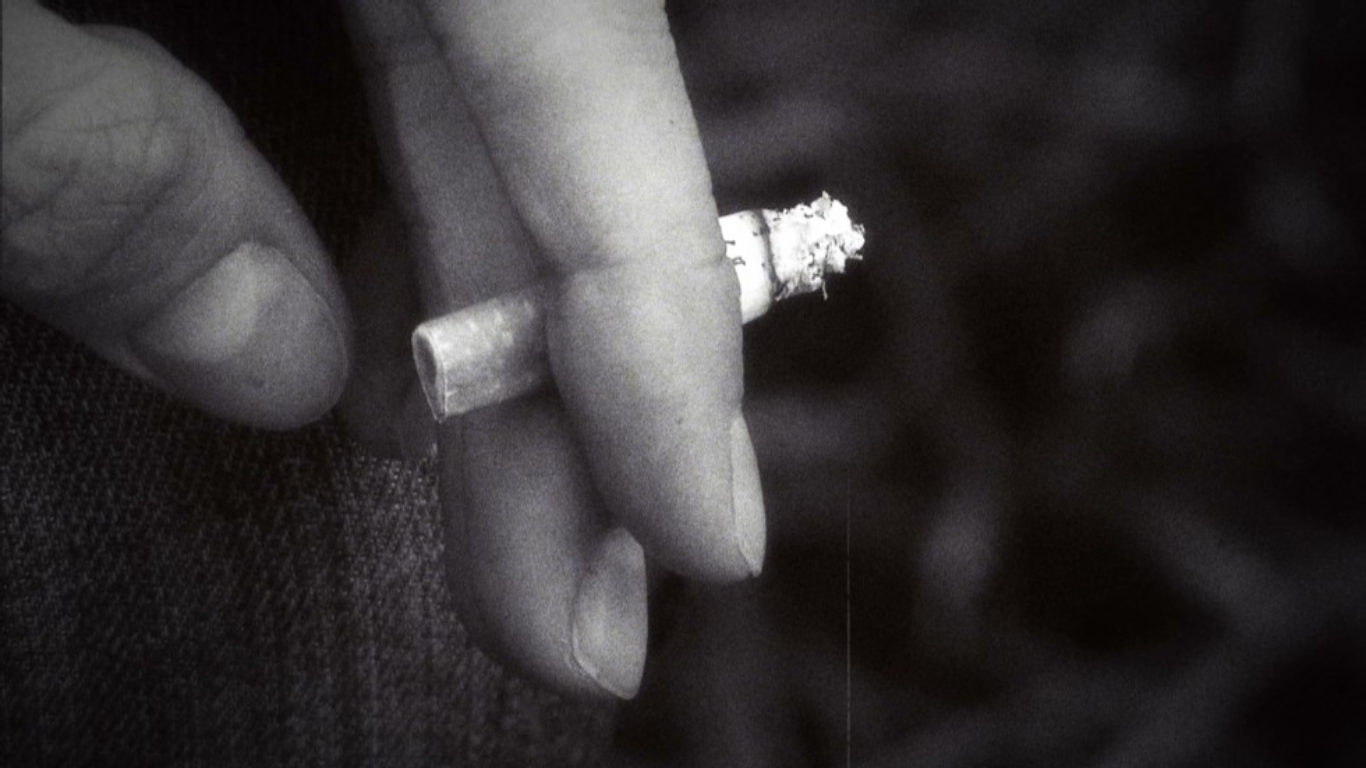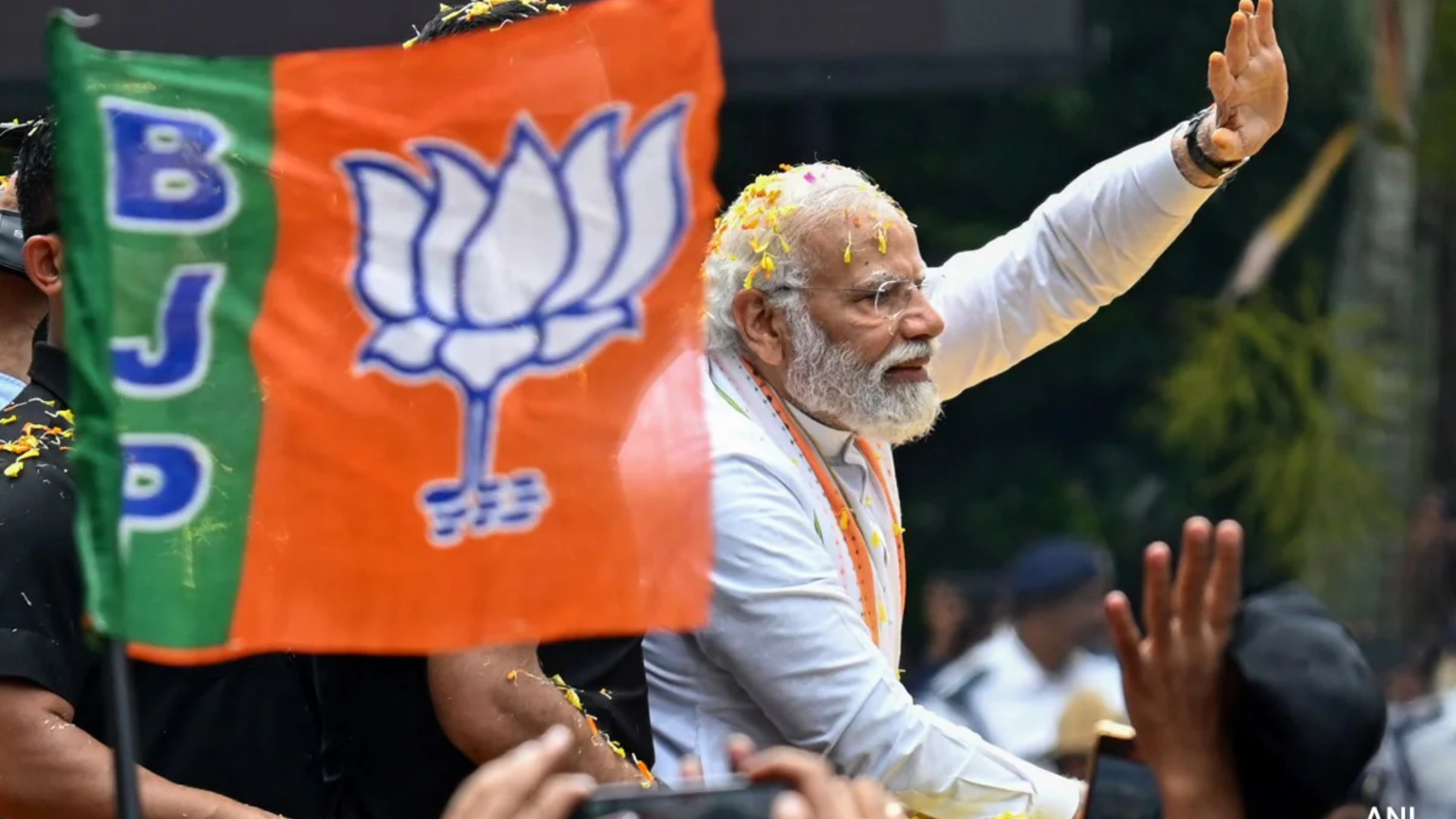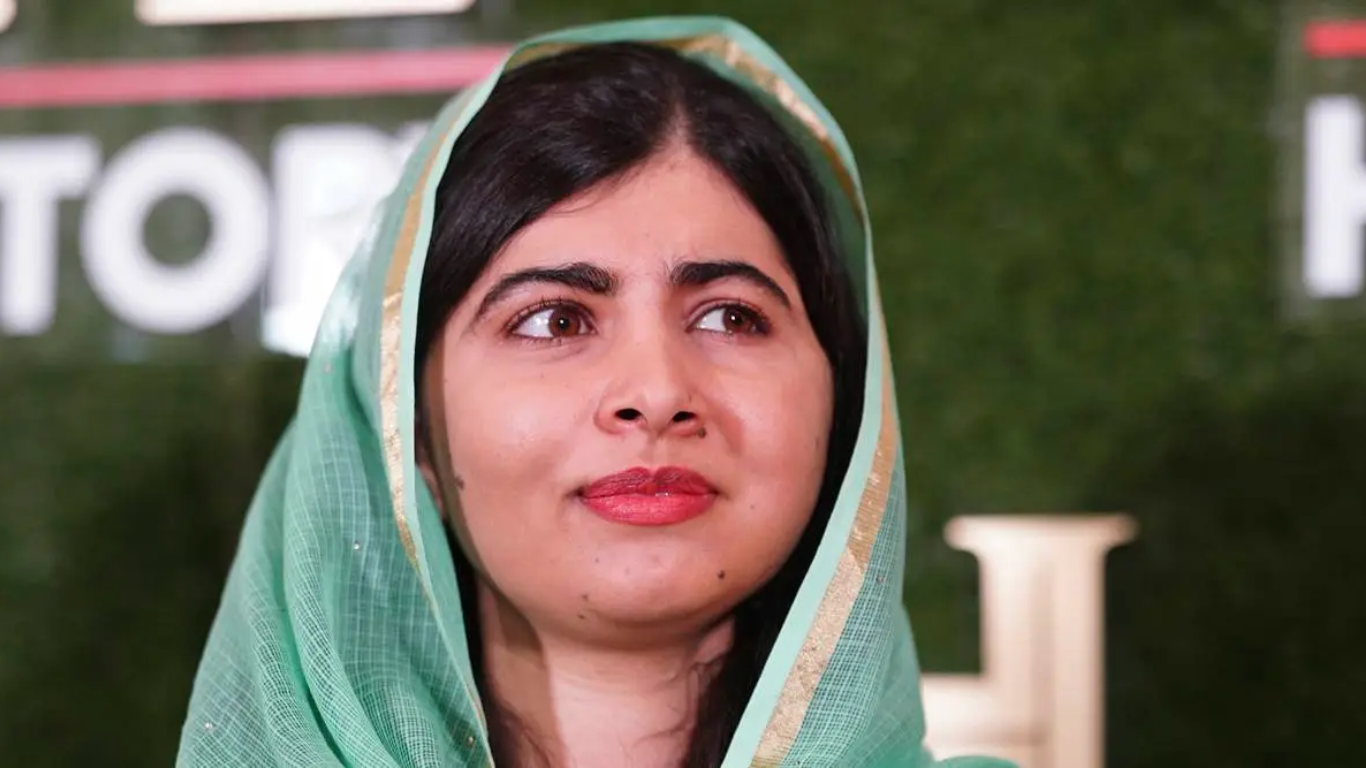


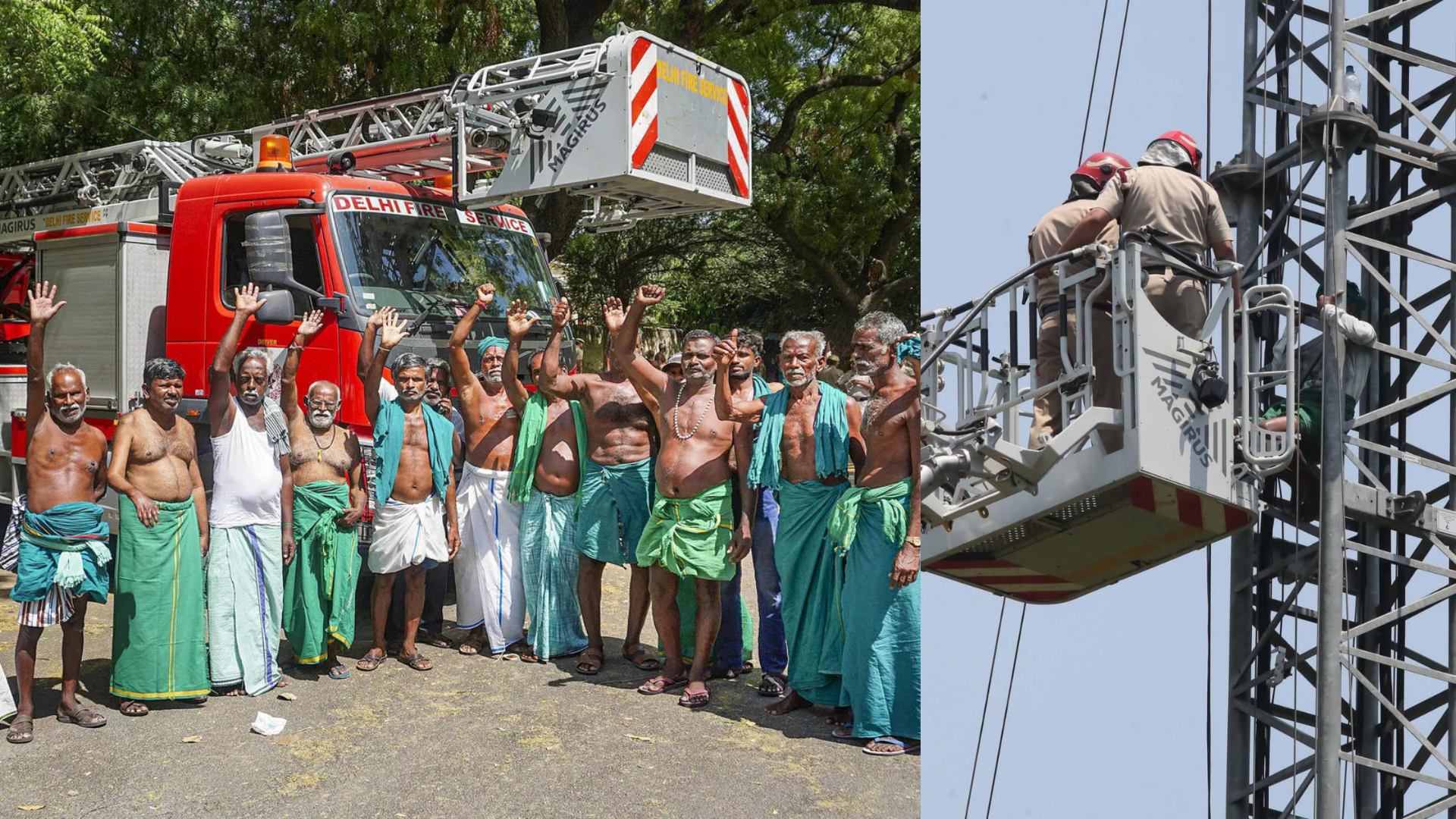
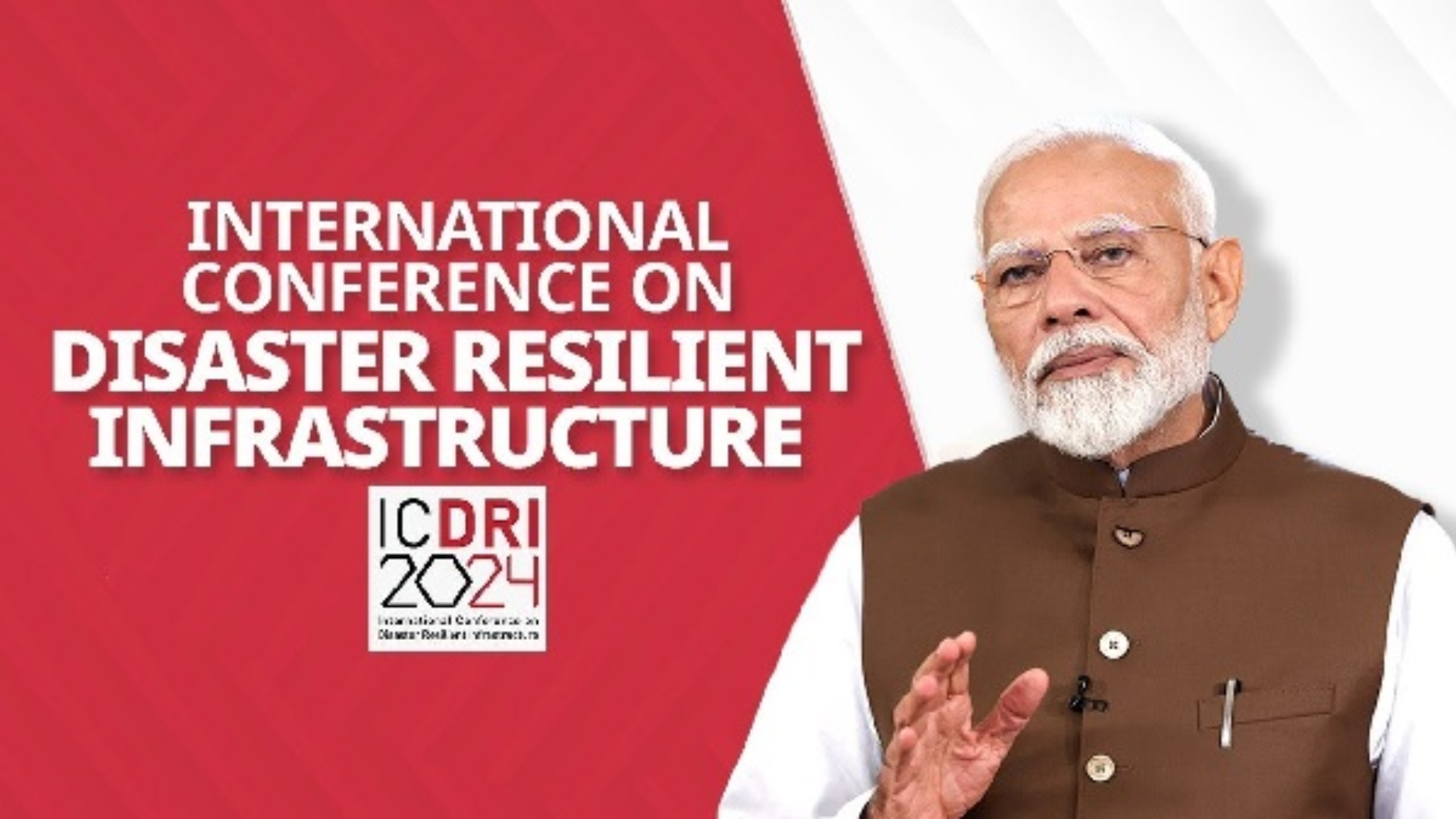
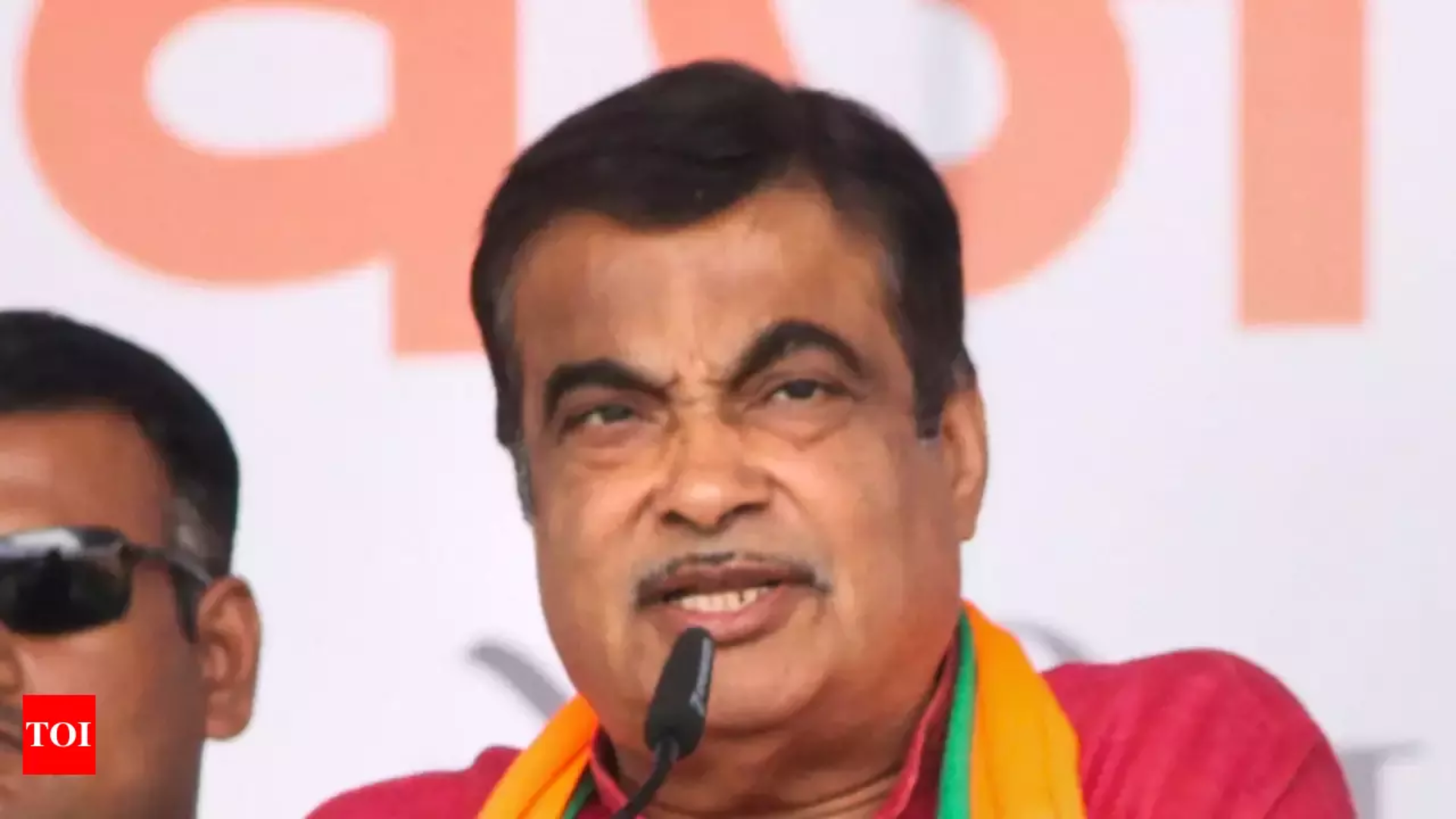
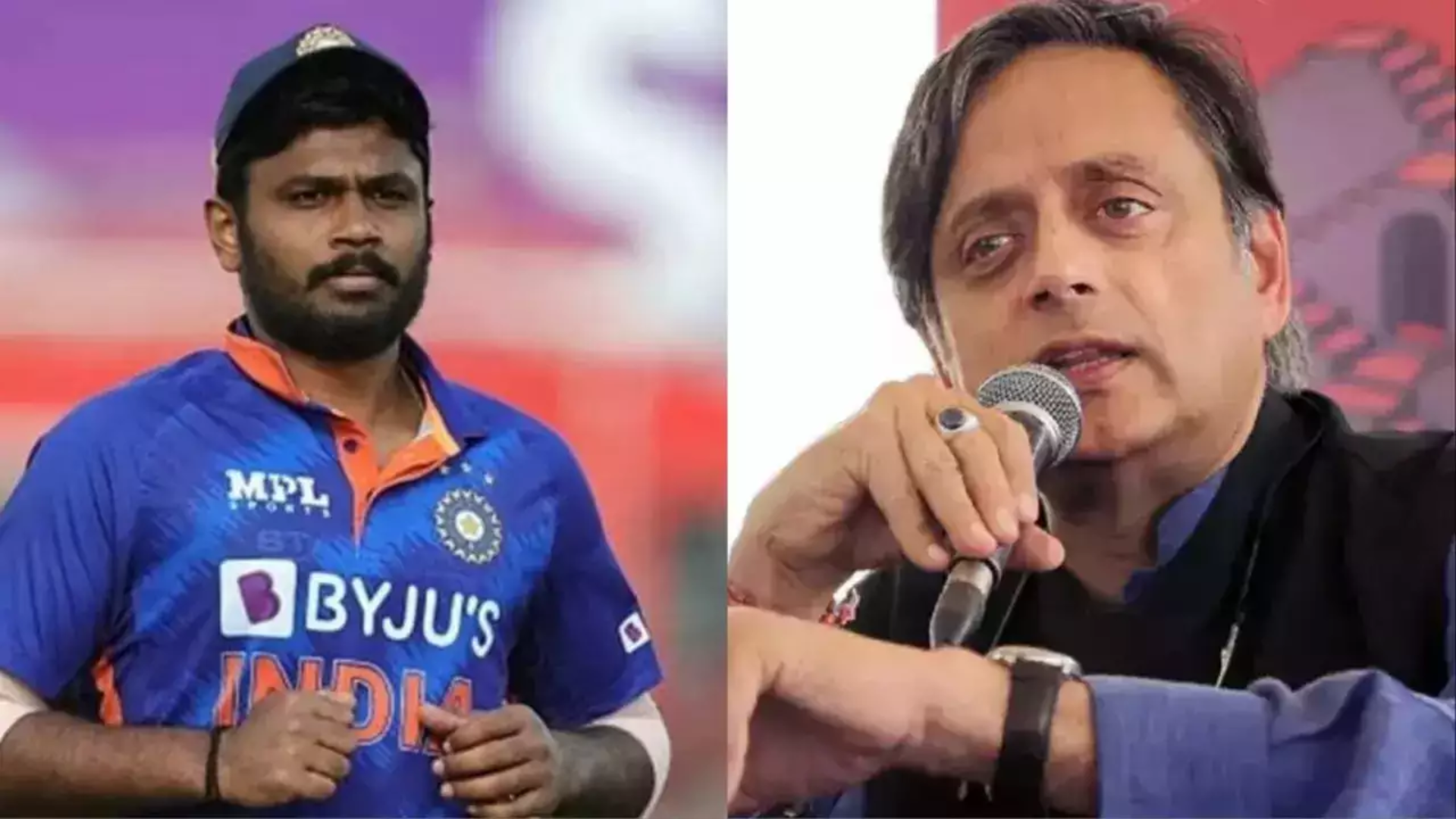
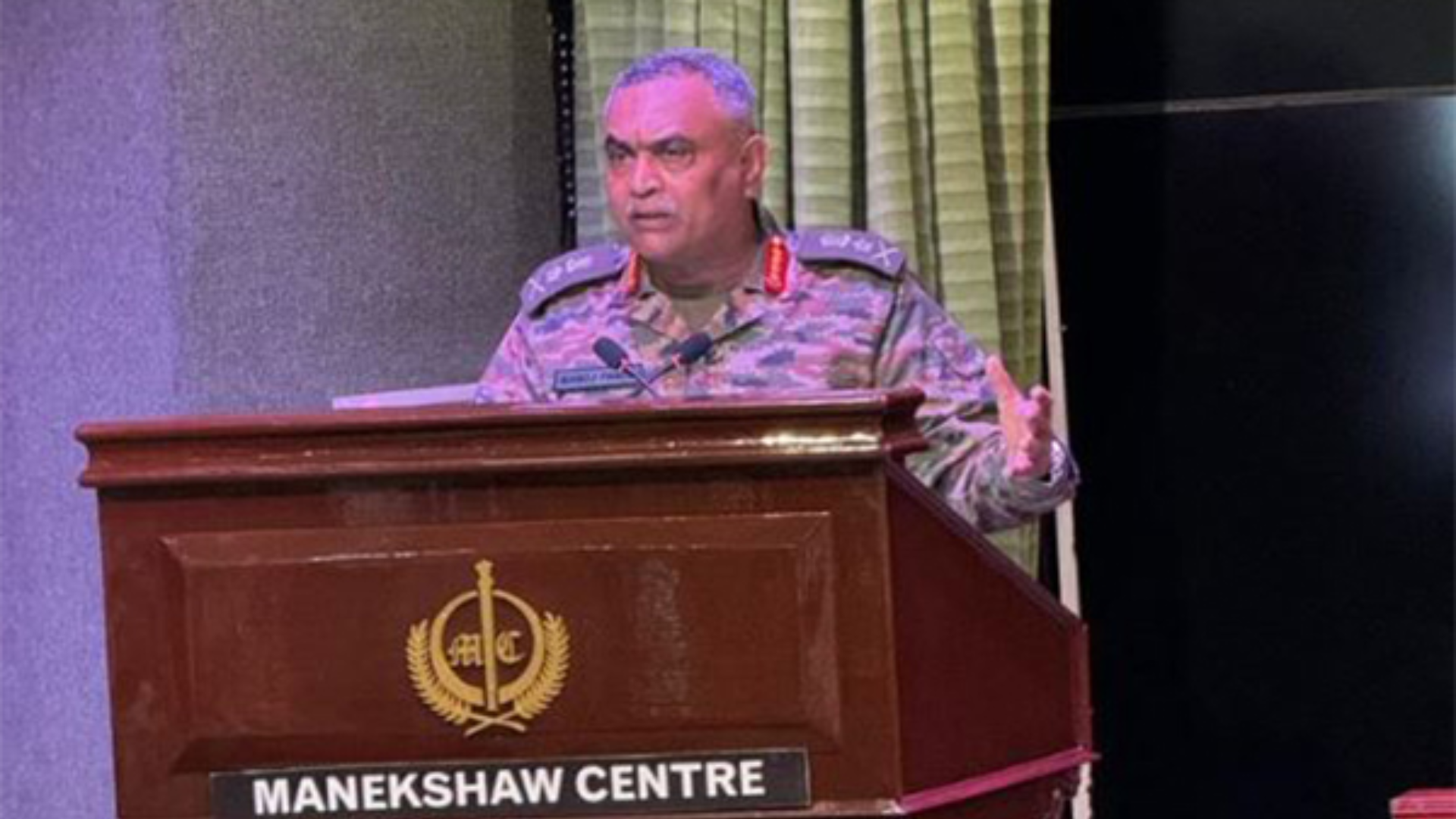
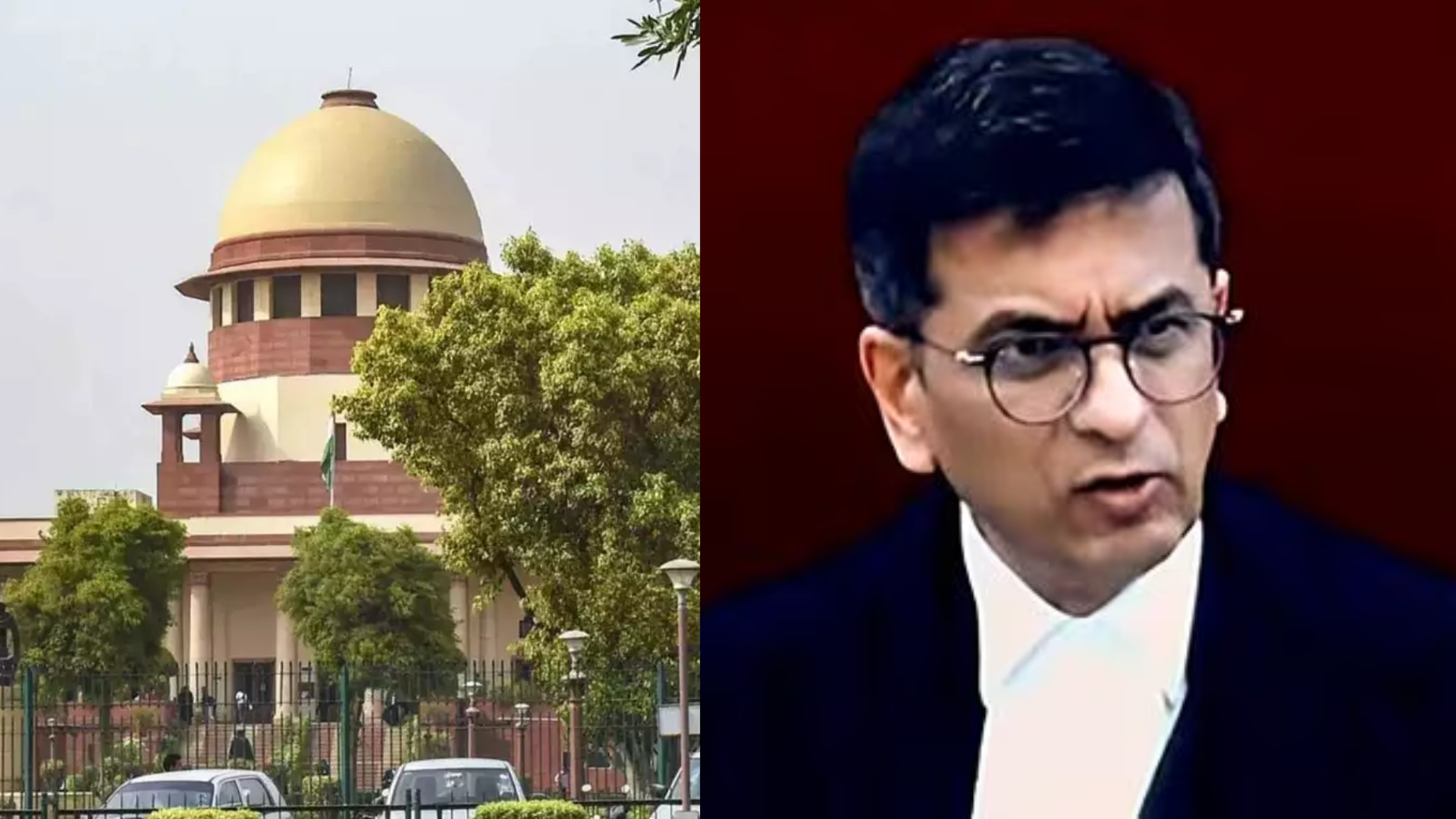
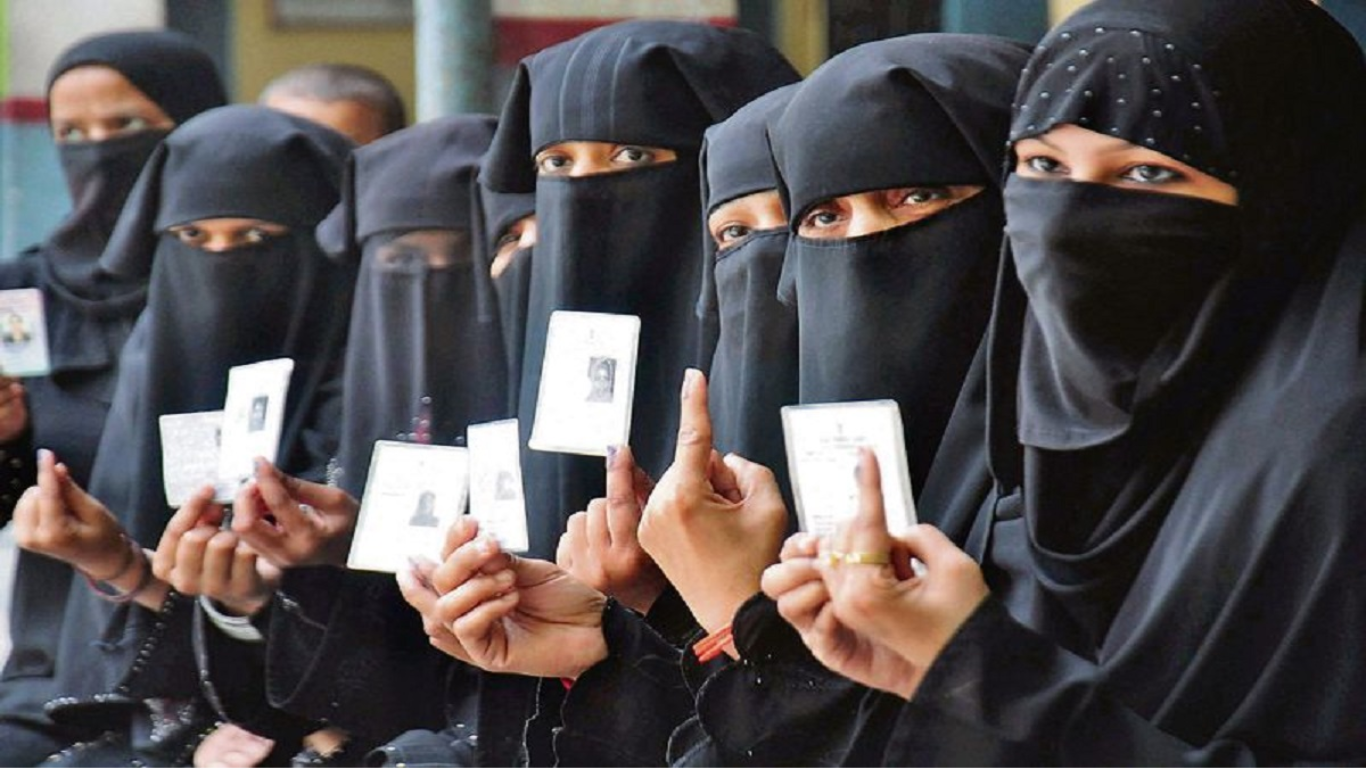
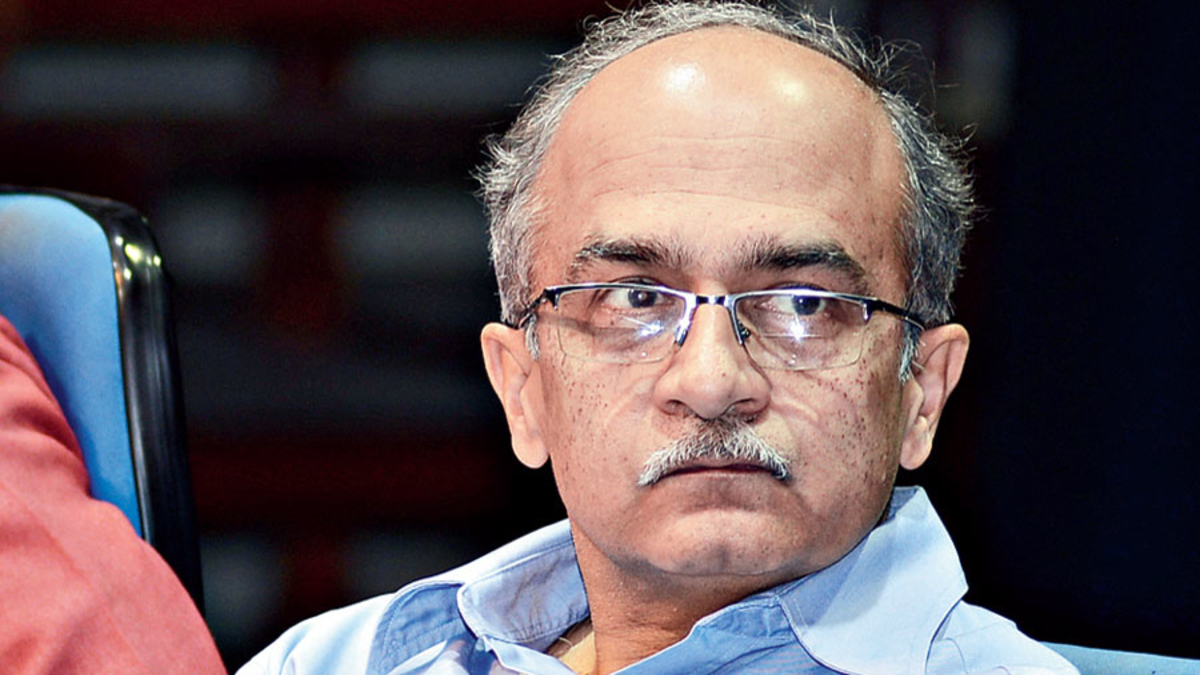
After refusing to tender an apology, the Supreme Court on Tuesday asked Prashant Bhushan to introspect his decision. Lawyer-activist Prashant Bhushan to apologize for his remarks against the Chief Justice of India, S.A. Bobde and the Supreme Court.
Attorney General K.K. Venugopal, who was representing Bhushan, said that he should be forgiven and asked the top court to let him off the hook with a warning. He further appealed the Court to display statesmanship instead of hatred.
During the hearing, the Court took a break of half an hour to allow Bhushan to re-consider abjuring his statement, which is about a hundred pages long. The statement read that he would not apologise and that the people of India have faith in the court to uphold the rule of law rather than the unchecked rule of the executive.
Also read: Raigad building collapse: 2 dead, 18 feared trapped, PM expresses grief
Also read: Congress leadership row: Sonia Gandhi likely to form committee for assistance
He outrightly refused to apologise for his statements in the three days time given to him to think over the matter. He stated that his tweets were based on his beliefs and offering an insincere apology would only be a stain on his conscience.
In the hearing today, Justice Arun Mishra asked Prashant Bhushan what is wrong in apologising if you have hurt someone. He further said that for how long the system would suffer all this as he was retiring in a few days. He asked if it would be okay if Bhushan or others start attacking him as well. Justice Arun Mishra said that Bhushan should apply balm if he has caused hurt.
The Supreme Court asked the Attorney General as to what can be done to improve the situation, not hiding the fact that they were hoping for a different statement. Venugopal replied that many retired judges had spoken of corruption within the high ranks of the jury. He added that these statements are for the Court to look at its unethical practices and end them.
Justin Arun Mishra said that he does not believe that what he said was wrong. People make mistakes and at times, they can even make them with only good in mind. But if he does believe he did something wrong, then what can be done if someone thinks they have not done anything bad. He asked what is the point of a warning if he thinks to have done nothing wrong? He has made plenty of disrespectable remarks against the Court and its judiciary.
When Venugopal asked for the court to ignore his response, Justice Mishra replied as to how could they not. All are saying that they have not even viewed his statement which is a graver accusation for them. If they were to get rid of it, then everyone would say that they are not honouring freedom of speech.
Justice Mishra said that his Bhushan’s response claims the court of turning into an executive-minded congregation. He asked how could they let this slip away. The order of importance which they assign to their cases has always been criticised. There were negative remarks against the Court during the Ayodhya Ram Mandir case as well.
Rajeev Dhawan, Bhushan’s lawyer, said that the Supreme Court should endure criticism and extreme criticism at that. He said that their shoulders are broad enough. Dhawan also recalled the case in West Bengal, wherein Justice Mishra acquitted Mamata Banerjee when she claimed that all judges were corrupt. In the hearing on August 20th, the court had demanded an unconditional apology and that Bhushan retract his statement.
Dhawan said that no Court demand something of someone like this. He said that they are basically forcing him to do as they say. He added that an apology cannot be taken genuinely, an apology should be made with a sincere mind and Bhushan clearly states what his beliefs are. He requested that the court revert its judgement on Bhushan’s guilty status. He said that an apology cannot be forced out of someone.
He continued that when the Court warns someone not to repeat themself, then they have the right to ask what is it that they should not repeat again. Their voice cannot be quietened forever.
The Court asked how should they punish Bhushan, and Dhawan asked the Court not to grant him martyrdom. He added that the criticism of this case is dependant on the punishment he will be given and that this case will come to a conclusion only if the Court shows proper statesmanship.
Also read: Delhi metro may resume from September, awaits Centre’s nod

